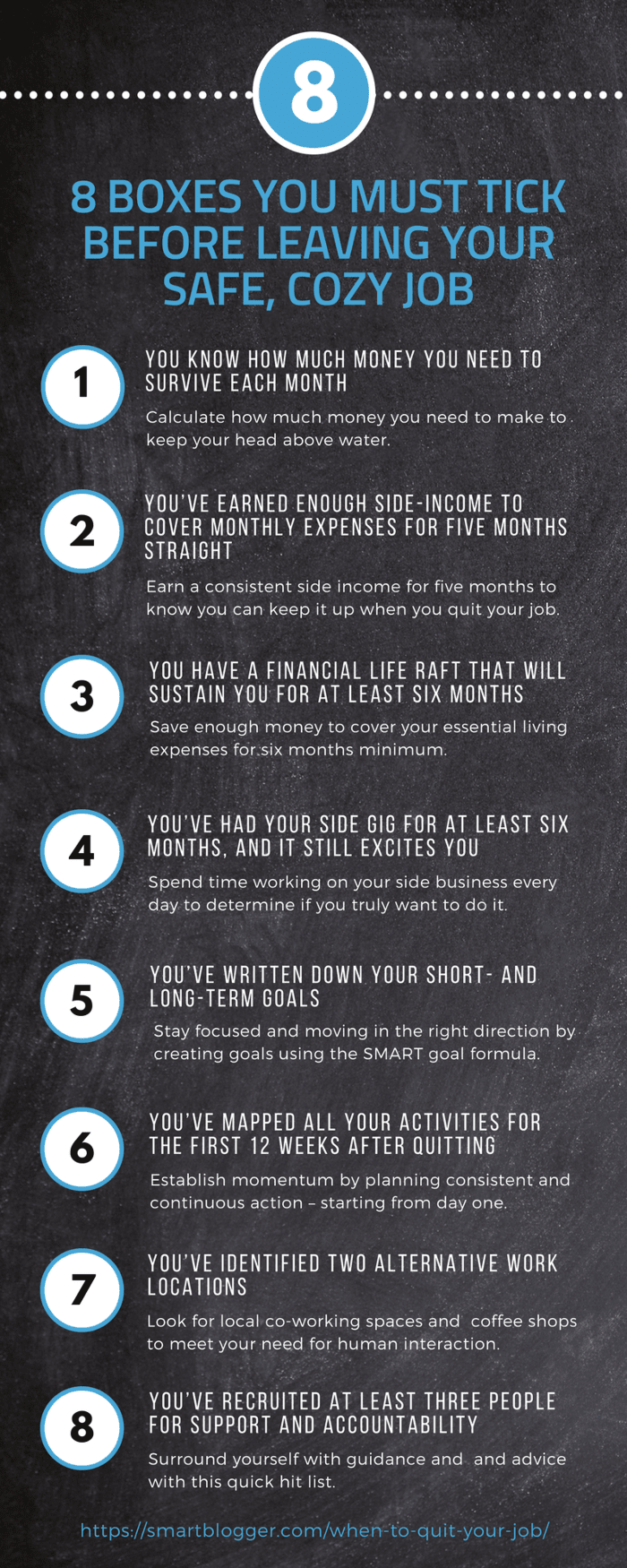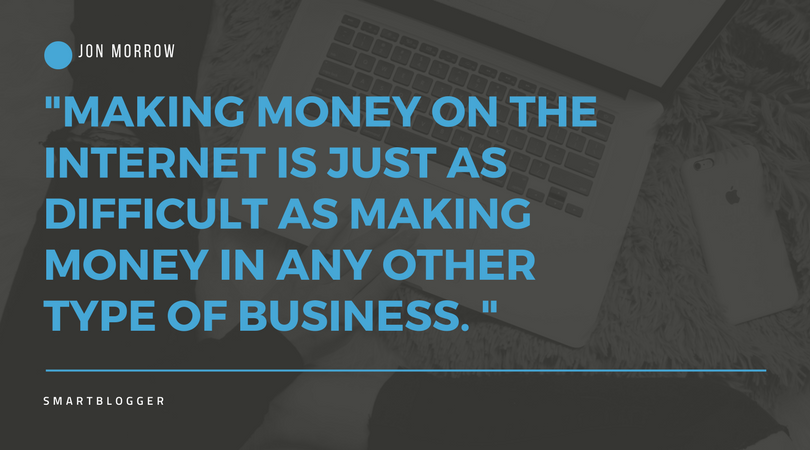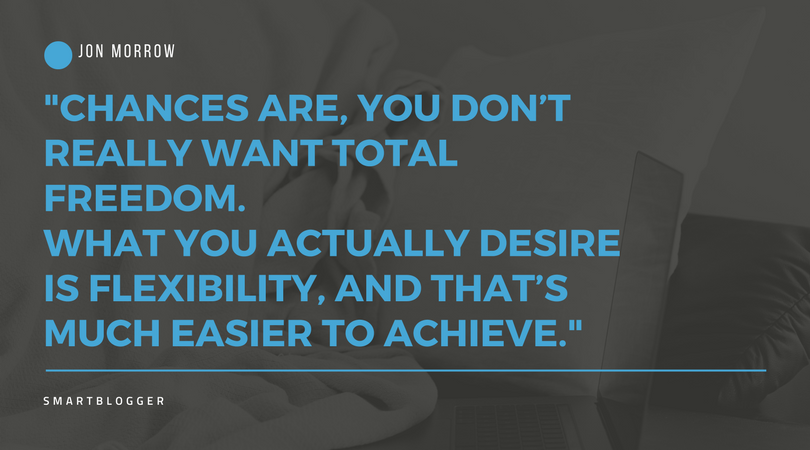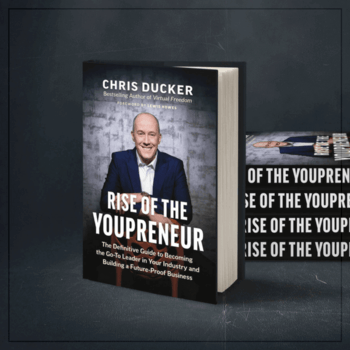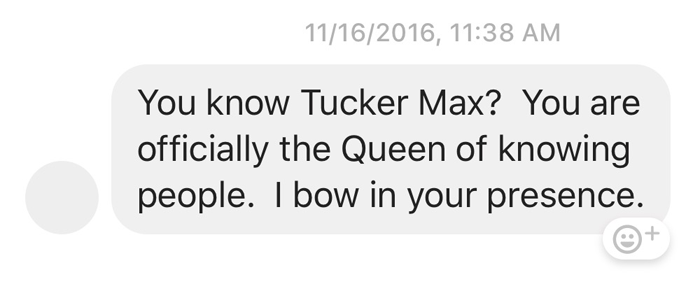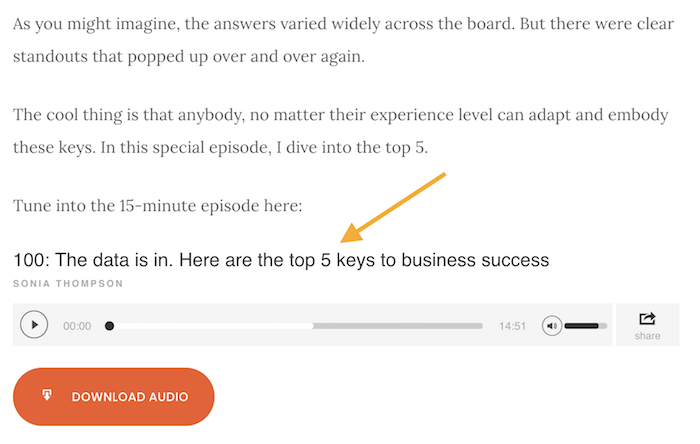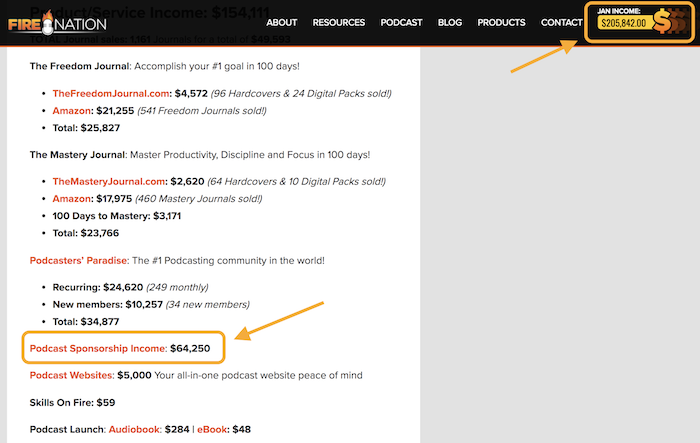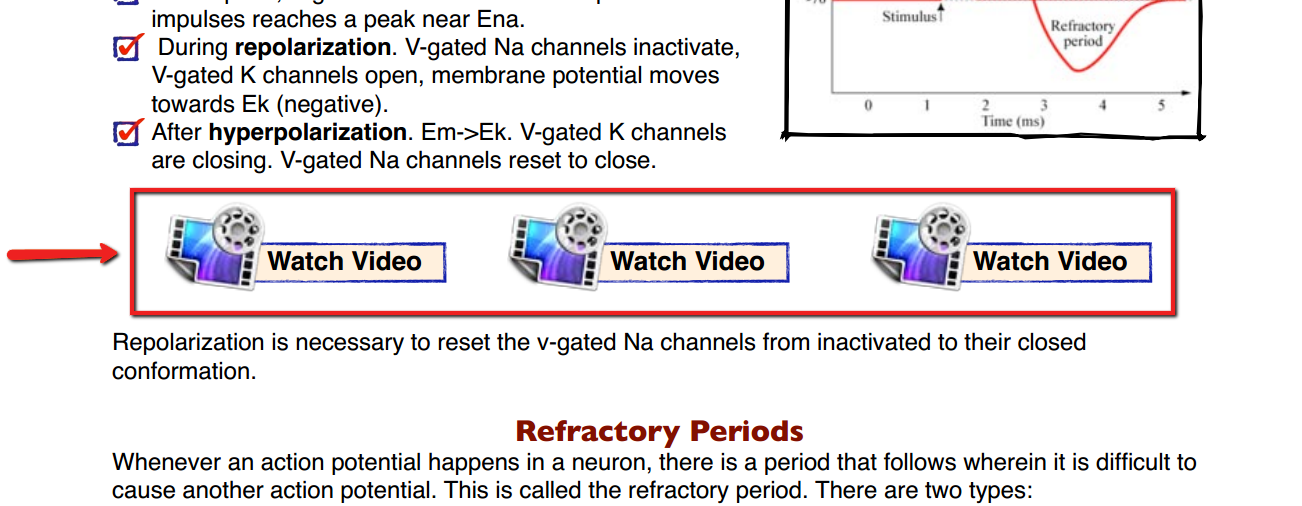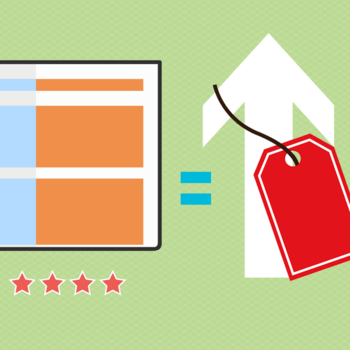
It’s intoxicating, isn’t’ it?
Your dream of entrepreneurial freedom.
Every spare moment is consumed by your up-and-coming business as you toil, plot and plan.
It’s been a side-gig until now because you’re still tethered to your day job. But you can’t wait to march into your boss’s office and plonk your resignation letter on his desk.
You’re unsure now is the right time, though. What if you’re not ready? What if you take the leap and land in financial ruin? What if your business is a laughable failure and you wind up counting your pennies for your next meal and begging for work to keep the lights on?
Oh crap! Feels risky, right?
It doesn’t have to be. Because you can take precautions. You can minimize the risks. And you can make sure the time is right.
The 4 Big Risks of Quitting Your Job to Work for Yourself
Staying in a job you hate will condemn you to misery, right? But what if quitting winds up making you even more miserable? In truth, it’s a possibility many people ignore. Because leaving the security that comes from a steady job with a steady income means, in the early days, you’re as vulnerable as a tiny boat in an angry sea.
Here are the four biggest risks you face when quitting your job — especially if you quit too soon.
Risk #1: Your Business Fails and Now You’re Unemployed
Most new businesses fail within the first five years. And you’d be naïve to think it couldn’t happen to yours. So be smart and watch the horizon with vigilance in case your brilliant idea isn’t quite as brilliant as you think it is.
Financial momentum can be hard to maintain. Then bills mount up, your bank balance starts to redline, and you’re forced to look for a new job to make ends meet. Ouch.
Risk #2: You Face a Financial Crisis and Can’t Make Ends Meet
Even if your business is booming, that doesn’t mean you’re financially safe. You could lose a major client, wind up too sick to work or get sidelined by a horrid life event.
And let’s face it, if your income dries up you’ll sink pretty damn fast. You’ve got to be financially responsible to survive in the entrepreneurial world. It’s not sexy, yet it’s undeniably essential.
Risk #3: You Discover You Don’t Have What it Takes
Working for yourself ain’t easy. And the fact is that not everybody has the discipline and tenacity to see it through.
The freedom of being your own boss, working in your PJs and avoiding long torturous meetings is enticing. But it’s this very attraction that lures people who aren’t always cut out for it.
The truth is that many people suck at being their own boss. Many people underestimate how much hard work it is. And many people start to endlessly procrastinate when they no longer have a boss breathing down their neck.
Risk #4: You Hate Self-Employment as Much as (or More Than) Your Day Job
Just like a sparkly new love affair, it’s easy to fall head over heels with your new business idea.
In the early days, the little annoyances seem insignificant. Then, fast forward three months and you’re sitting in your home office, feeling isolated from the world, stressed out over disappearing clients, and you realize the honeymoon is over. Misery engulfs you as your new reality is a far cry from what you expected it to be. Maybe self-employment wasn’t the answer to the problem you had with your job after all.
8 Boxes You Must Tick Before Leaving Your Safe, Cozy Job
Now you know the risks that come with quitting your job to work for yourself. And let’s be real — you’ll never eliminate those risks completely.
But if you tick the following eight boxes, you’ll know you’ve taken proper precautions to minimize the risks. You’ll know the time is as right as it’ll ever be to send that resignation letter. And you can feel confident you’ll land on your feet when you do.
#1. You Know How Much Money You Need to Survive Each Month
First, if you want to stay financially safe, you must calculate how much money you need each month to keep your head above water.
So, for one or two months, track all your expenses, and when you’re done, divide them into two columns: essentials (food, rent, utilities, debt payments, etc.) and luxuries (Netflix subscriptions, nights out, etc.).
The sum of your essential expenses makes up your survival budget — the minimum amount you need to survive each month without running into serious trouble.
Then, from the luxuries column, pick three expenses (at most) that you feel you can’t live without. Give yourself some financial wiggle room to accommodate these from time to time, to keep yourself from growing resentful. (It’s difficult to remain motivated when you can’t indulge from time to time.)
Let’s call this your minimum income goal — the minimum amount you need to live in relative comfort every month. This will decide whether you can tick the next box.
#2. You’ve Earned Enough Side-Income to Cover Monthly Expenses for Five Months Straight
Now, once your side income meets your minimum income goal, you may be tempted to send your resignation letter straight away. But hold on…
If you want to be careful, you shouldn’t celebrate too soon. Meeting your goal one month doesn’t mean you’ll meet it again the month after, or the one after that. It may just mean you had a good month.
But if you’ve earned a consistent side income for five months straight, you can feel confident you can keep it up once you quit your job (especially since you’ll have more time on your hands).
#3. You Have a Financial Life Raft That Will Sustain You for at Least Six Months
Next, you’ll need a fully stocked hardship fund. Working for yourself means you carry all the risk on your shoulders — which is exciting and terrifying at the same time.
What if your website faces a huge drop in rankings due to a Google algorithm change? What if Facebook changes its ad policies which severely limits your reach? What if you throw your back out and can’t get any work done while you heal?
To avoid a crushing financial crisis, you’ll need to save up enough money to cover your essential expenses for six months minimum. It’s the smart entrepreneur’s contingency fund that’ll give you the time you’ll need to get back on your feet or, if necessary, find a new job.
#4. You’ve Had Your Side Gig for at Least Six Months, and It Still Excites You
You’re going to spend day and night with your business, so it’s got to be the thing that gets you out of bed, not the thing that sends you diving back under the covers. True entrepreneurs live and breathe their business — by choice. It never fully leaves their mind, even on days off.
If you haven’t spent time working on something every day, you won’t know if you’ll enjoy it.
But if you’ve already worked on it for six months alongside your day job, and you still feel that ping of excitement, you’ll know it’s what you truly want. On top of that, you’ll also prove to yourself you have the self-discipline to succeed.
#5. You’ve Written down Your Short- and Long-Term Goals
Ever worked hard all day and not achieved a thing? Bumbling about with no clear direction is a recipe for fast and definitive failure.
To stay focused and moving in the right direction, it’s essential to have two types of goals. A short-term goal you’re 100% confident you can achieve. And a long-term, slightly audacious big picture goal.
Both should be written using the SMART goal formula: specific, measurable, attainable, realistic, and timed. Mark your measurable progress checkpoints clearly on your planner so you can tick them off on a weekly, quarterly and annual basis.
Doing this means you’ll stay on the right track to business success. If you ever find yourself struggling to meet your goals, you’ll discover it in time to change direction, and not too late to avert disaster.
#6. You’ve Mapped All Your Activities for the First 12 Weeks After Quitting
When you no longer have a boss chasing you with deadlines, it becomes tempting to slack off. You may convince yourself to enjoy your newfound freedom for a while, and that can send you down a path of poor productivity and dismal results.
That’s why you need to establish momentum early on, which you can only do through consistent and continuous action. So your best safeguard against productivity sabotage is to plan with military precision.
Type up a detailed twelve-week action plan, so you know exactly what you’ll be doing each day — starting from day one. Then, start doing. It’s your recipe for success.
#7. You’ve Identified Two Alternative Work Locations
Like it or not, going from a bustling corporate job to a lonely home office can be a shock to the system. Working for yourself may become a slippery slope to darkness as you begin to crave conversation and accountability. Self-employment may soon start to feel like a productivity-zapping isolation cell.
You can avoid this by finding ways to meet your need for human connection that doesn’t involve begging for your job back.
Prepare yourself with a list of at least two alternative work locations that enable you to be part of a crowd while working for yourself. Look for local co-working spaces and coffee shops that offer free wifi.
In many cases, sitting in a coffee shop for a few hours each week as you tap away on your laptop can be the perfect antidote for loneliness.
#8. You’ve Recruited at Least Three People for Support and Accountability
It’s impossible to survive, let alone thrive, in the entrepreneurial world alone. If you’re serious (and I know you are), you simply must surround yourself with people who support you and people who hold you accountable.
It can be the difference between sinking or swimming as you discover what it takes to work for yourself.
Here’s a quick hit list of things you can do:
- Find two to five people with whom you feel close who will support and encourage you and your plans. Look to family or friends and share your goals and progress with them.
- Join local business networking groups and online forums — and start contributing.
- Surround yourself with guidance and advice by finding a professional mentor, or hire a business coach.
- Commit to weekly accountability meetings with people from courses you’re enrolled in or groups you’re a member of. Ask someone to be your accountability buddy or join/start a mastermind group.
And those are the eight boxes you must tick to determine you’re ready to leave you job. Here’s an infographic that sums them all up (click on the image to see a larger view):
Embed This Infographic On Your Site
Ticked All the Boxes? You’re Ready to Quit Your Job
You know that taking the leap into the entrepreneurial world is not for the faint-hearted — and it excites you more than anything.
If you’ve ticked all eight boxes, you should feel confident you can safely quit your job.
You’re now prepared for the adventure with a clear roadmap, a solid safety net and a strong support network.
You’re ready to transition from employee to entrepreneur.
Now is the time to stop playing a small game.
Because freedom awaits.
source https://smartblogger.com/when-to-quit-your-job/
